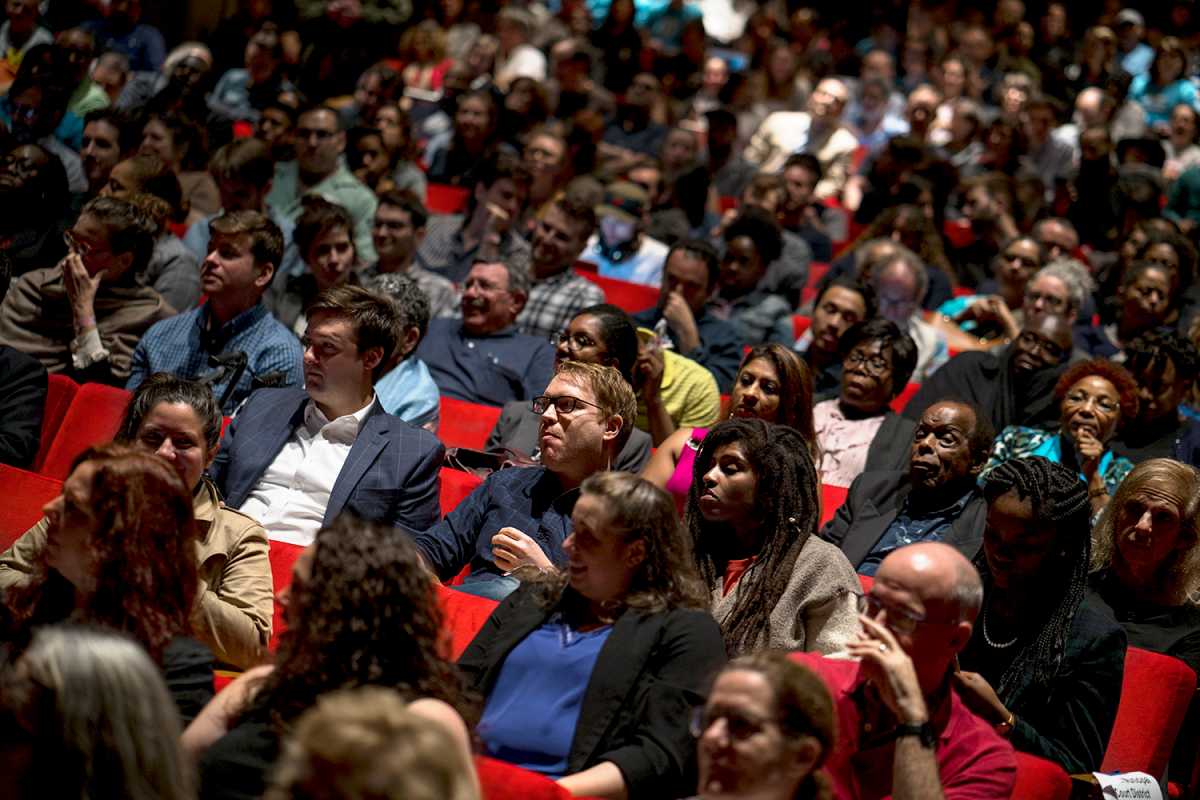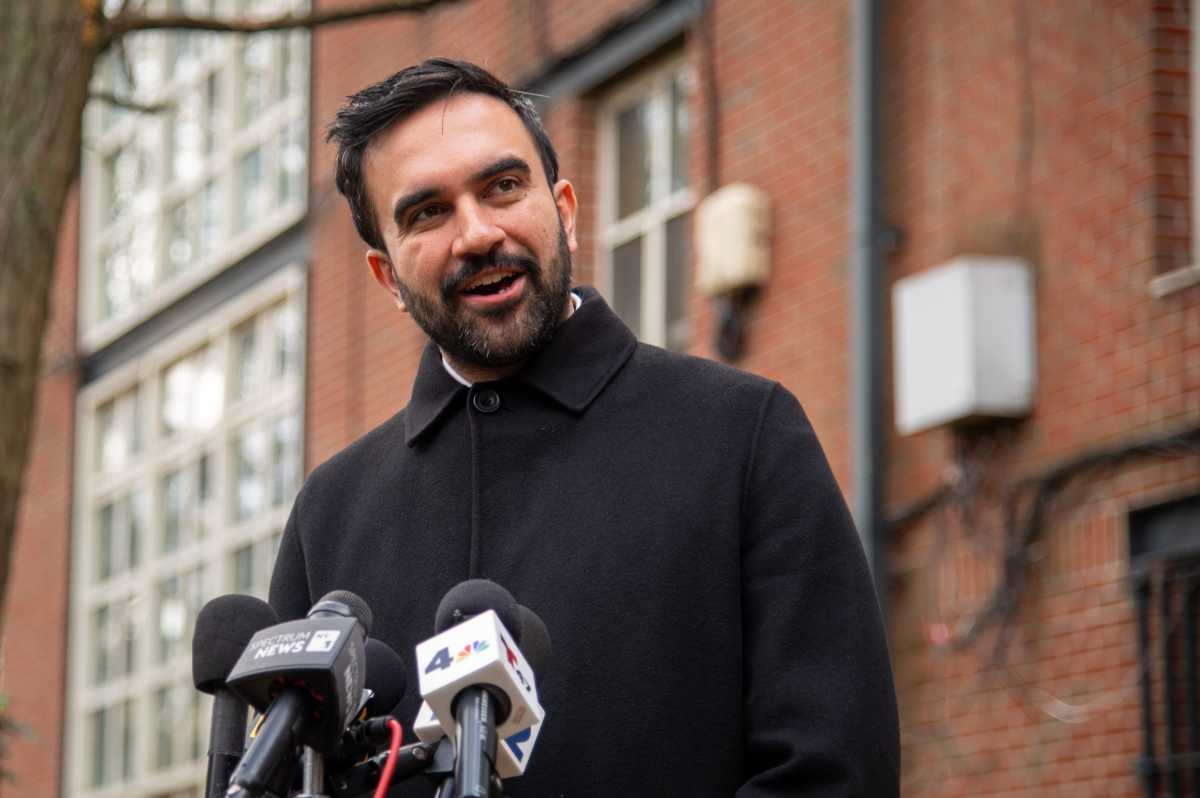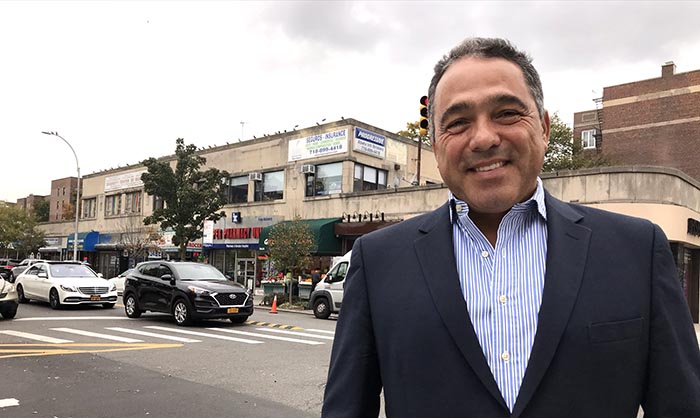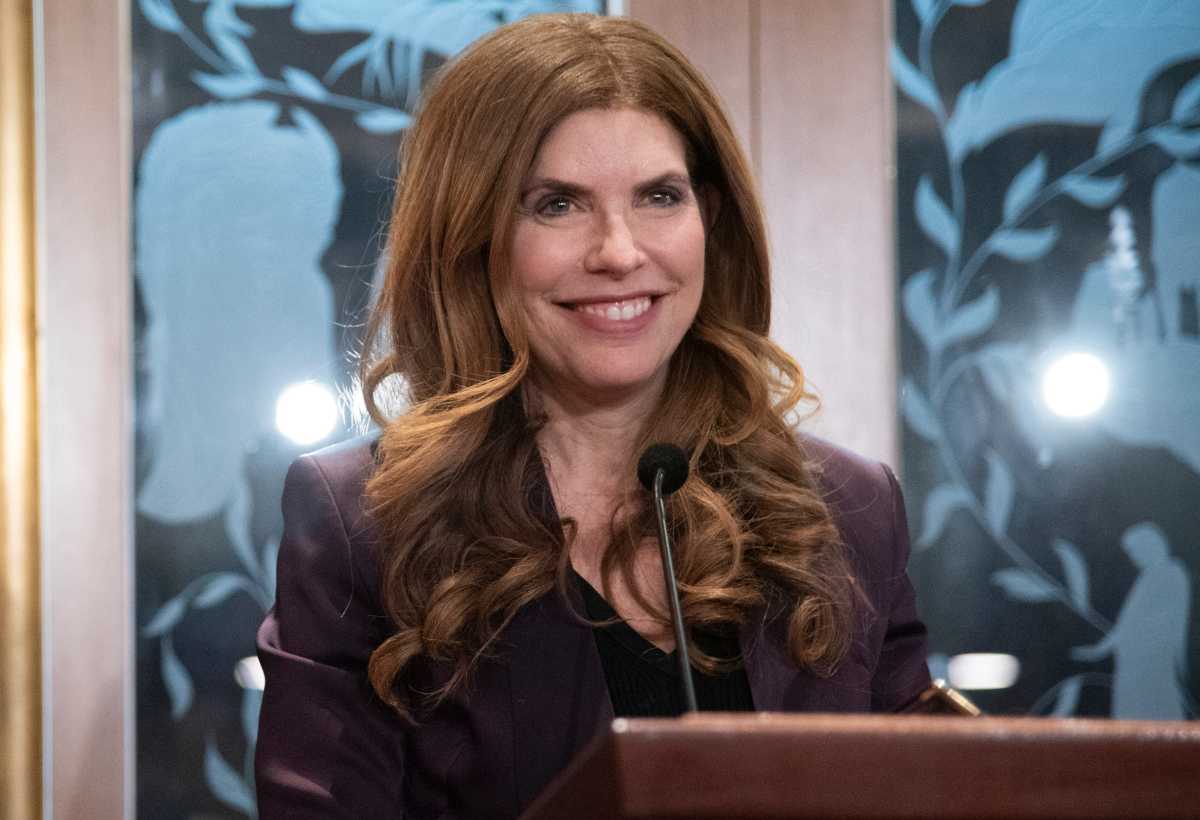Much has been made of the role of County Committee in Brooklyn politics in the days leading up to the meeting of the newly elected committee last week. This has felt especially relevant to me as a newly elected member.
County Committee is composed of somewhere between 3,000-5,000 seats, and has generally functioned through mechanisms developed by the Kings County Democratic Party—currently represented by Frank Seddio—to get a minimum number of members to attend while getting as little input from them as possible.

The primary tool for this is the proxy. A proxy voting bloc dilutes the democratic part of the local Democratic Party in the same way a superdelegate bloc dilutes the national Democratic Party: by forcing a false consensus. Just as a large bloc of superdelegates can essentially veto even a large-scale grassroots movement, a substantial chunk of proxy votes cast by committee members who choose not to fulfill their elected duty can nullify even an auditorium full of committee members who actually attended. This is an obvious way that the Democratic Party, even if it leans progressive, runs itself in a way that is essentially undemocratic.
My mission going into my first County Committee meeting was twofold. The first was simply, along with what turned out to be a huge bloc of reform-minded new County Committee members, to attend, listen, and vote. The second, and my reason for writing this, was to document, so that even if we were steamrolled by a bulldozer of proxies the process, which has been kept intentionally opaque for decades, would get some exposure to the world outside the Democratic Party elite.
Once I got through the commute and check-in last Thursday evening, I took my seat with my assembly district and waited with the rest of the attending County Committee for two hours while Seddio and his people counted proxies. A bald man who didn’t introduce himself—I later learned he was former State Senator and IDC lawyer Martin Connor—finally began the meeting by stating that the proxies had been counted, and listed them as 555 for Seddio. These numbers changed throughout the night, with the Seddio proxies eventually ballooning to over 700 as they needed them to defeat the votes of members who actually participated.

A quick word on Martin Connor, based on some day-after research. Perhaps most importantly: yes, that IDC. Connor was retained by the Independent Democratic Conference in 2014, providing legal advice and speaking on their behalf to media. It seems relevant and disturbing that the representative of the party establishment to County Committee has spent at least some of his time and energy directing and supporting a group of Democratic State Senators responsible for undermining the party at the state level, all of whom were voted out of office less than a month ago. I think this affiliation might explain his determination to undermine popular vote in favor of false consensus. This would probably be how he would justify his determination to find creative ways of ignoring nearly every County Committee member in the auditorium.
Connor did this primarily though Robert’s Rules of Order, which he wielded like a club. I wish I’d had the time and forethought to count how many times he shouted, “You’re out of order!” I soon got the sinking feeling that the only people in the room who could crack the lock and get him to listen were the lawyers.
One such lawyer was Robert Carroll, the 44th District Assemblyman, who stepped to the podium past numerous people who were shut down while shouting demands to make perhaps the most important motion of the night: to change the use of proxies. I forget the exact wording—I’m not a lawyer—but the gist of the motion was to effectively decentralize proxies by allowing each one only to be used within the district of the person giving it over. Even Frank Seddio, despite being party boss, technically resides in one district, so if this motion passed he would no longer be able to solicit proxies wholesale throughout Kings County. Everyone in the room affirmed it. This was mostly political theater as Assemblyman Carroll had already run this proposal by Seddio before the meeting, but it was the first and possibly last affirming gesture of the meeting.

The next motion, the one that ended up being the flashpoint that set to flame all semblance of quorum or consensus, seemed rather simple. The primary order of business for this meeting was to elect members of Executive Committee, the subcommittee of County Committee that actually conducts city-related business outside of coming to two of these meetings each year, and the motioner requested that each candidate on the pre-selected slates be allowed sixty seconds to speak before County Committee voted.
Of course, this motion was not simple. In fact, it threatened Seddio’s centralized power directly. Once Executive Committee is elected, they then nominate and approve the leader for the next election cycle. In order to retain stability and predictability, party insiders nominate a slate that agrees to then re-nominate the party boss, in this case Frank Seddio. The directive in asking for sixty-second pitches before the vote was twofold: 1) to allow candidates from outside the party establishment a legitimate chance of being elected to Executive Committee and assuming real power in the party, and 2) to put on display the suspicion many County Committee members have that the members of the proposed slate did not expect to have to win it (and in fact in many of their cases hadn’t even shown up to the meeting).
After hearing the motion and challenging its validity, Connor agreed to take the motion to a vote. The vote was almost unilaterally in favor of allowing the sixty seconds for each candidate. Connor then pulled the number of proxy votes out of his pocket, which had then somehow increased in number to over 700, and declared all of the Seddio proxies to be against the motion.
With those cards on the table, he revealed not just a majority-proof, but a consensus-proof proxy bloc. This was when the room erupted, and when my faith in the democratic part of our local Democratic Party withered.










